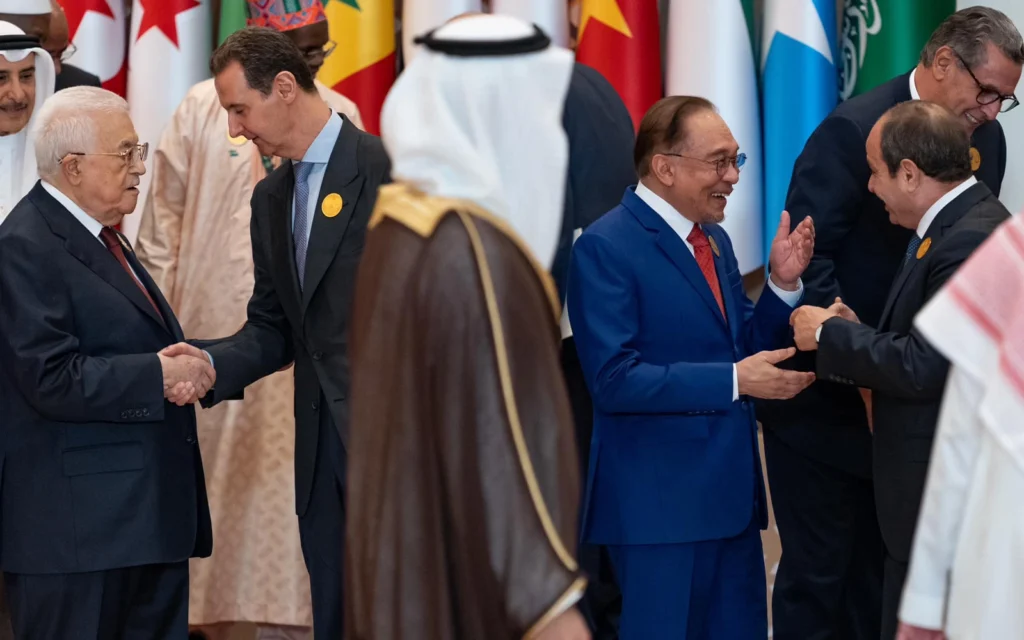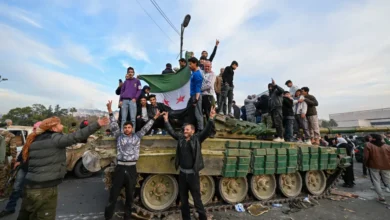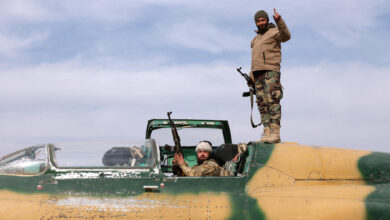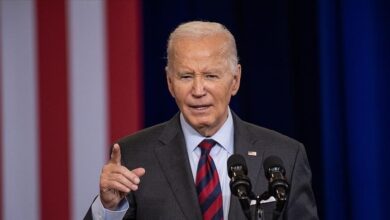At a recent summit in Riyadh, Arab and Muslim leaders collectively called for an end to Israeli occupation in Palestinian territories, citing it as a necessary step for achieving peace in the Middle East. Leaders from the Arab League and the Organization of Islamic Cooperation (OIC), representing 57 countries, gathered to voice their shared stance on the ongoing Israel-Hamas conflict that has destabilized the region for over a year.

In their closing statement, summit leaders emphasized that a “just and comprehensive peace in the region… cannot be achieved without ending the Israeli occupation of all occupied Arab territories to the line of 4 June, 1967,” referring to the West Bank, East Jerusalem, Gaza, and the Golan Heights. This demand aligns with United Nations resolutions and the 2002 Arab Peace Initiative, which proposed normalized relations between Israel and Arab nations in exchange for a two-state solution along the 1967 borders.
The call for Israel’s withdrawal comes amid a renewed wave of violence in Gaza, triggered by Hamas’s unprecedented attack on Israel on October 7 last year, resulting in significant civilian casualties. Israel’s retaliatory strikes have since killed over 43,600 people in Gaza, most of whom were civilians, according to the Hamas-led health ministry figures, considered reliable by the United Nations. In the context of this devastation, Saudi Crown Prince Mohammed bin Salman condemned Israel’s actions, labeling them as “genocide” and calling for an immediate ceasefire.
The summit leaders also advocated for a global, step-by-step plan under international supervision to establish a sovereign Palestinian state with Jerusalem as its capital. Hamas subsequently urged Arab and Muslim nations to transform these pledges into concrete actions to halt Israel’s “aggression and genocide” against Palestinians.
While regional leaders voiced support for Palestinian statehood, Israeli Prime Minister Benjamin Netanyahu’s government maintained its opposition. Israeli Finance Minister Bezalel Smotrich expressed intentions to further annex parts of the West Bank in 2025, a stance that continues to challenge any potential for negotiations. Additionally, Lebanon’s Prime Minister Najib Mikati highlighted his nation’s struggle with an “existential” crisis, partly driven by external influences, subtly referring to Iran’s support for Hezbollah, which has clashed with Israeli forces.
Significantly, this summit also took place shortly after Donald Trump’s recent re-election in the U.S. Leaders hope to signal to his administration a need for balanced U.S. involvement in the region. The summit’s final statement also called for halting arms exports to Israel, a stance contrary to Washington’s ongoing military support for Israel.
This united regional response underscores a growing demand for both international mediation and accountability in the Gaza conflict, as Arab and Muslim countries push for a sustainable resolution to the longstanding crisis.




